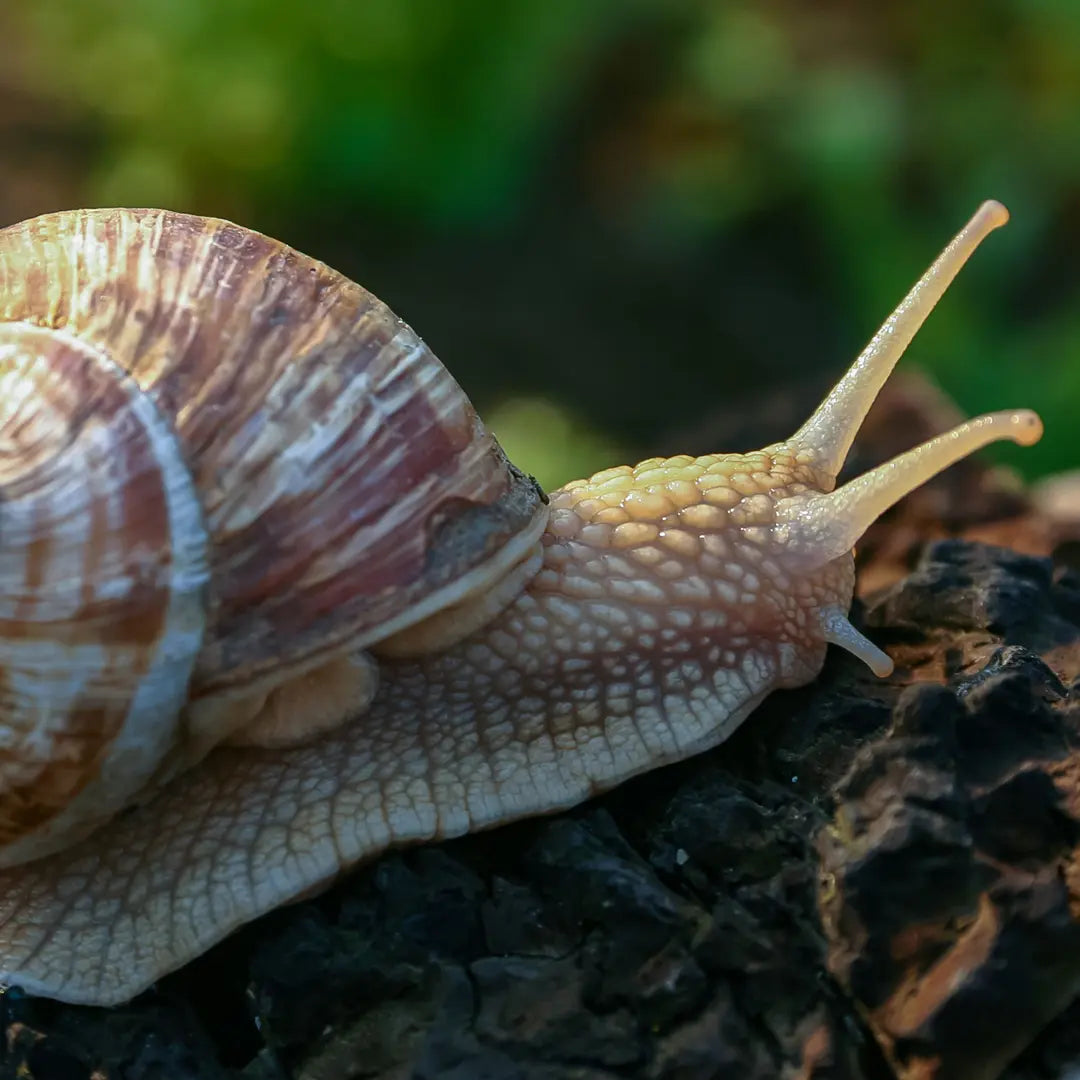
Slugs and Snails!
As much as we love sharing our experiences and knowledge with fellow gardeners, we also recognize the need to tackle common gardening challenges. Today, we'll focus on a persistent problem faced by many gardeners, particularly those growing chilli plants: slugs and snails. This comprehensive guide will equip you with the information you need to identify, prevent, and manage these pests in your garden.
Slugs and Snails: Meet the Slimy Saboteurs
Slugs and snails are gastropod mollusks that are commonly found in gardens worldwide. Though these creatures have their place in the ecosystem, they can become a nuisance to gardeners when they start to feed on your plants. While both slugs and snails share similar features and habits, snails have a protective shell on their back, whereas slugs do not. The New Zealand gardening season, spanning from spring to autumn, provides the perfect environment for these slimy critters to thrive and multiply, posing a threat to your chilli plants.
Collapsible content
Identification
Recognising the presence of slugs and snails in your garden is crucial for addressing the issue before it becomes a significant problem. Here are some common signs to look for:
- Slime trails: Slugs and snails secrete slimy mucus, which leaves a trail behind them. You can often spot these trails on plants, soil, and garden structures, particularly in damp and shaded areas.
- Irregular holes: Both slugs and snails feed on plant foliage, leaving irregular-shaped holes in the leaves. They tend to target young, tender leaves, which can result in stunted growth or even the death of the plant.
- Eggs: Slugs and snails lay clusters of small, round, gel-like eggs in damp and hidden spots. Finding these eggs in your garden is a sure sign of an infestation.
Prevention
Taking preventative measures is essential in protecting your chilli plants from these slimy invaders. Here are some strategies to keep them at bay:
- Proper garden maintenance: Regularly clean your garden, removing any debris or hiding spots for slugs and snails. Ensure good air circulation and drainage to minimize damp conditions.
- Barriers: Create physical barriers around your plants, such as crushed eggshells or copper tape, to deter slugs and snails from crossing.
- Companion planting: Planting garlic, onions, or other aromatic plants can help repel slugs and snails.
- Attract natural predators: Encourage birds, frogs, and hedgehogs into your garden, as they are natural predators of slugs and snails.
Natural Treatments
If slugs and snails have already invaded your garden, don't worry! There are several natural methods you can employ to control their population:
- Handpicking: This method may be time-consuming, but it is effective. Collect slugs and snails by hand during damp, cool evenings or early mornings and dispose of them away from your garden.
- Beer traps: Fill shallow containers with beer and bury them in the soil, with the rim just above ground level. Slugs and snails are attracted to the smell, fall into the container, and drown.
- Nematodes: These microscopic worms are a natural predator of slugs. Apply a nematode solution to your soil to help reduce the slug population.
Chemical Treatments
If natural methods aren't enough to control the infestation, you can resort to using chemicals. However, always follow the product instructions and use them responsibly to minimize the impact on the environment and other organisms.
- Iron phosphate pellets: This organic bait is a safer alternative to traditional slug pellets. Scatter these around your garden, and when ingested by slugs and snails, they will stop feeding and eventually die.
- Diatomaceous earth: This natural powder, made from fossilised algae, can be sprinkled around your plants. It works by causing abrasions on the slug's body, leading to dehydration and death.
- Metaldehyde: This chemical is found in many slug pellets and baits. While effective, it can be toxic to other wildlife and pets if ingested. Be cautious when using this product and opt for safer alternatives if possible.
Slugs and snails may be a common adversary for chilli plant enthusiasts, but with the right knowledge and strategies, you can safeguard your garden against these pests. By identifying their presence early, taking preventative measures, and using a combination of natural and chemical methods, you can protect your chilli plants and ensure a bountiful harvest.
Remember that every garden is unique, and the most effective solution for you may differ from others. Stay vigilant, be adaptable, and keep learning to give your chilli plants the best chance to thrive. As always, Ignition Seeds is here to support your gardening journey, providing valuable insights and high-quality products to help your garden flourish. Happy gardening!



